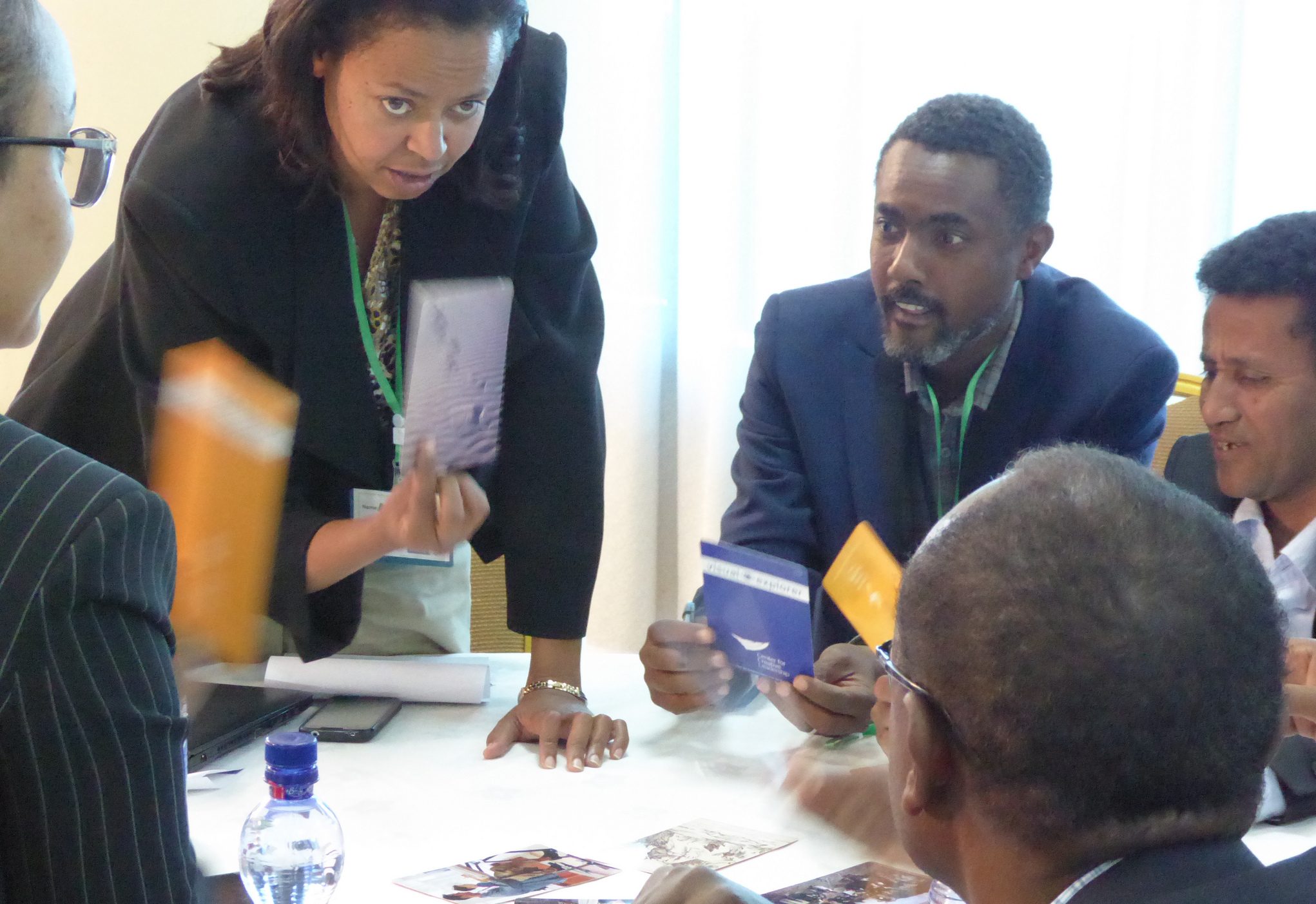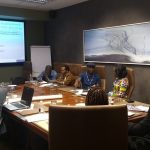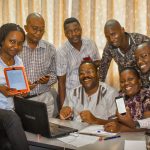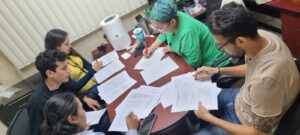
Common themes emerge for improving research equity in Uganda and Ethiopia
Towards the end of 2018, INASP and local partners held national dialogue events with stakeholders from across the research and knowledge systems to consider issues of equity. Dr Femi Nzegwu, who leads INASP’s Monitoring, Evaluation and Learning work, summarizes some of the key learning from two events in Africa.
“Researchers across institutions never really meet to discuss about the sector as a whole across disciplines and with other important stakeholders.”
This was the observation of a participant in one of the series of dialogue event held in October and November 2018 by INASP and local partners. The aim of the events was to consider issues of equity in research and knowledge systems within the countries and in the broader regional and global contexts, and, as this participant identified, brought together from academia, government bodies, civil society and others from across the sector.
The meetings generated lively discussions and commitment to address the challenges identified (see here for the communique from Uganda and here for the event in Bangladesh; a declaration from Ethiopia is currently still being finalized).
Since the meetings, at INASP we have been reflecting on themes across the two dialogue events in Africa and this week we have published a short report of our findings.
A collective vision
Discussions about vision from the two African events gave four common and inter-related themes that are needed for equitable research and knowledge systems: coordination, collaboration, inclusion and self-sustaining:
- Coordination – of the many components that should clearly identify and respond to citizen and national needs so that the national response is holistic, visionary/innovative, targeted, efficient (in the use of resources) and effective in the realization of outcomes
- Collaboration – working together across the many varied components that deliver research: institutions of research, universities, researchers, users of and those impacted by the research, citizens, government, policymakers, publication platforms – editors, reviewers
- Inclusion – of the many voices (active in the sector – regardless of whether they are currently recognized) and knowledge systems that comprise knowledge/research in the country. This implies strong relationship building – trust, respect, true and equal partnership
- Self-sustaining – such that these research and knowledge systems are able to continue to function well even without external assistance.
Discussions in Uganda and Ethiopia about how this might be achieved revealed some common themes:
- The need for a national institution with the mandate to create a unified research system able to lead the governance, development, management, and funding of a national/country-focussed research and knowledge system emerged as a priority across the two dialogues.
- The discussion on research funding highlighted the many influences that “externally supported development” has on a country’s capacity to autonomously shape its future. This includes funding from the North and the influence this often has on shaping a country-defined agenda. Pursuing alternative and diverse sources of funding as a strategic government/sector goal was common to both dialogues.
- The two dialogue events emphasized that both women and men must benefit from any solutions advanced to promote gender equity. Both events recognized the great contributions both women and men have made to their societies – historically and currently – in every sphere of the lives of the country. (See this blog post for more on the gender discussions in these two meetings).
- The importance of technology to the realization of the research system visions was clearly demonstrated at the dialogue events. Most striking was the fact that a number of researchers sometimes did not actually know about the existence of the national research and education networks (NRENs) and almost always did not know about their foundational roles in enabling the operation of a coherent research system nationally.
- A consensus across both dialogues was a desire and commitment to see the quality of publications improved, through: the availability of local publications; the need for the academy to revisit its criteria for promoting academics; and the improvement of research designs and studies. There was also an agreed need to improve the quality of these publications whatever the content, source and the publication outlets, and to routinely and consistently apply internationally accepted standards to their work.
The two dialogue events sought to focus, in a practical way, on how to realize the vision of research systems in their country. Both forums agreed that the focus should be on the people/the researchers/ human capital as the agents of transformation.
The events were strategically opportune in that they created a space for much needed conversation, reflection and learning to feed into a wider national debate on the future of their national research systems.
The work continues…
Read the full report here.

 Previous Post
Previous Post Next Post
Next Post


